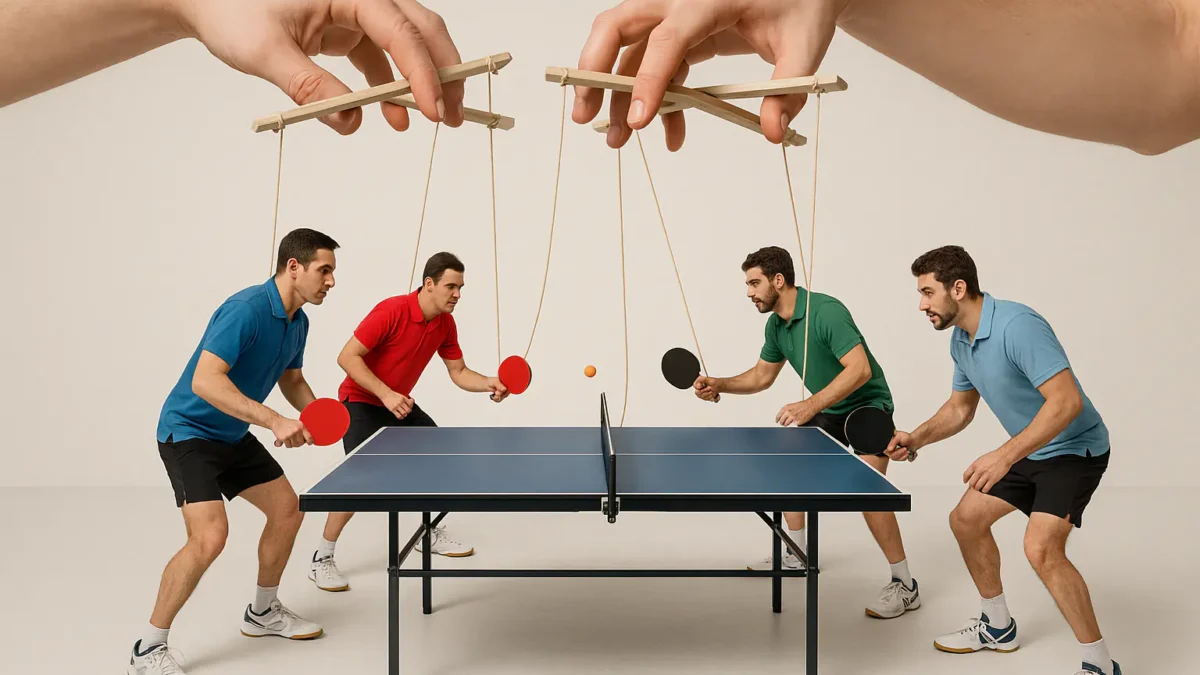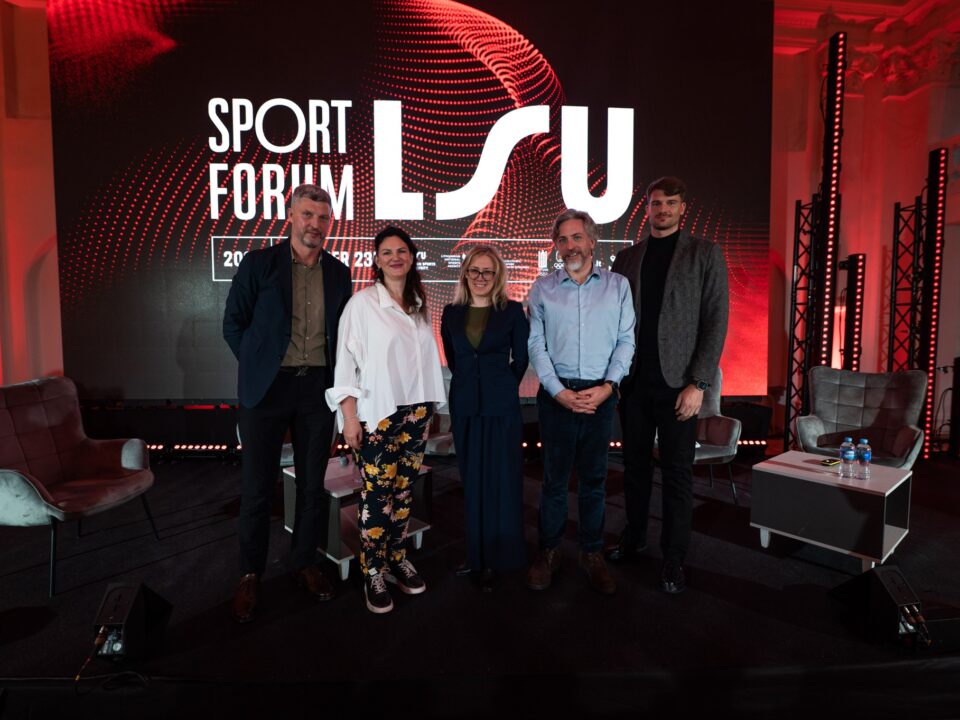
Lithuanian Anti-Doping Agency signs cooperation agreement with Lithuanian Basketball Federation
2025-04-08
Council of Europe Macaoline Convention Monitoring Committee meeting held in Switzerland
2025-05-29At the beginning of this year, the Eurocup table tennis series was held in Poland. One of the favourites, local table tennis player Kamil Rogowski, lost two matches to his compatriots Justyn Milewski and Piotr Strojwas. Nothing too strange, it would seem. After all, the beauty of any sport is that it is not always those who have higher rankings or more medals who are victorious.
However, this neighbourhood competition has unexpected links to our country.
It turns out that 9 residents of Kaunas and Kaunas district bet on the outcome of these matches on the website of one of the Lithuanian betting companies while the matches were already in progress. The betting was very successful: all betting the maximum allowed amounts (the total amount of bets was slightly more than EUR 3 000), the gamblers ended up pocketing over EUR 15 000. That's a lot of money.
This situation raised understandable suspicions for the company running the website. This was reinforced by the fact that the vast majority of the bettors who placed their bets created their accounts on the website on the eve or on the day of the match, having never placed a bet on the outcome of a sporting event before. All customers immediately transferred their winnings from their gambling accounts to their personal accounts and, according to the company, never participated in any other gambling activities.
Moreover, the betting was very detailed: not only on Kamil Rogowski, who was considered the favourite, and his opponents' victories in the meetings, but also on the outcome of the individual games and the exact result of the games.
Finally, as it turned out later, some of the group of like-minded people who caught the lucky bird in the stakes by the tail are linked by bonds of friendship and camaraderie.
The company turned to law enforcement after assessing the information available, but the police refused to open a pre-trial investigation, and the country's courts later agreed to the decision after the company's complaint. The verdict of the authorities was simple: there was no evidence of a criminal offence.
In all of this, I would like to thank first of all the company, which has done a tremendous job in defending its rights and the legitimate interests of society. It is a pity, however, that the company, having exhausted all its legal remedies, has ended up with a broken shell, and that the company that has profited from it can go on planning other similar ventures.
What can be done to prevent or reduce the frequency of such stories? There are no quick fixes here.
First, we need to understand the size and nature of the problem of match-fixing. After all, this whole story linking Poland and Lithuania is only a very small part of a large and global mosaic of sports manipulation. A mosaic that involves hundreds of millions of euros and has a huge negative impact on sport as an entertainment and social phenomenon.
Second, we all - the state, law enforcement, public authorities, sports organisations, athletes, and finally the fans themselves - need to make a fundamental change in the way we approach the manipulation of sporting competitions. We must have zero tolerance for this phenomenon, and we must have the necessary legal framework for combating this cancer in sport, as well as the will and the desire to combat manipulation in sport by legal means.
In this particular case, the courts stated that the purpose of criminal proceedings is to protect the public from criminal acts, but at the same time to protect the rights and freedoms of suspects, to avoid unjustified prosecution for a windfall of €15,000, and to avoid unjust punishment. Is this not a kind of confirmation that these funds were obtained legally? Does this not create an illusion of impunity for the law enforcement authorities, who have judged that the actions of the company that won the money and the damage they have caused are not sufficiently dangerous for society, and encourage such people to continue to do so?
Thirdly, it has to be acknowledged that we have made important strides in preventing manipulation in sport in recent years. However, now is the time not only to talk the talk, but also to show that we have a functioning and effective legislative framework and institutions committed to defending clean sport.
In this fight, do we also want to see a more active involvement of the sports community, more action by sports organisations to prevent and manage the risks of match-fixing? As a good example, we can mention the Lithuanian Football Federation, which is focusing on this issue, as well as some smaller sports organisations.
Until all this is done, these and similar stories will continue to be repeated and the battle against manipulation in sport will remain a battle against windmills.
Finally, one more interesting observation that is relevant to this story: statistics show that table tennis caught up with basketball in terms of manipulation last year, and is now behind only football and tennis.






